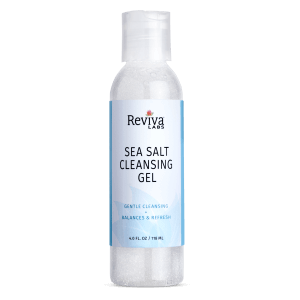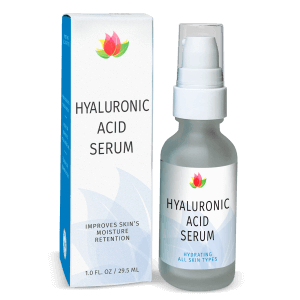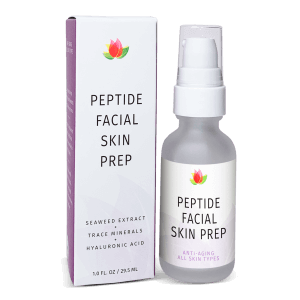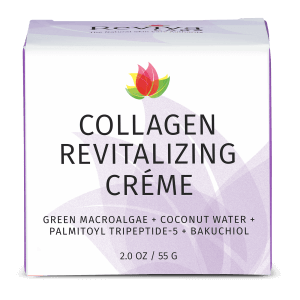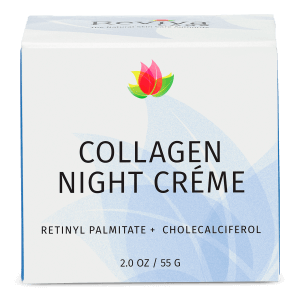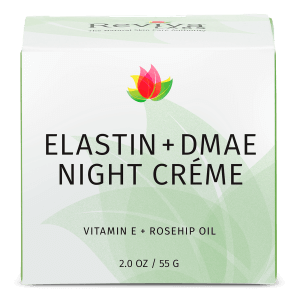Swimming is a wonderful way to stay fit and healthy, but frequent exposure to chlorine can take a toll on your skin. Chlorine is a necessary evil in many swimming pools, acting as a disinfectant to keep the water clean. However, it can be harsh on your skin, leading to dryness, irritation, and, sometimes, even rashes. Fortunately, with the right skincare routine and products, you can protect your skin from chlorine damage while still enjoying your swim.
Understanding Chlorine’s Impact on Skin
The first step in protecting your skin is knowing how chlorine can affect it. Chlorine strips the natural oils from the skin and disrupts the skin’s natural pH balance. This can lead to dry, itchy, and tight skin. In some cases, it can even exacerbate conditions like eczema or psoriasis. It’s not just during the swim that chlorine affects your skin – it can continue to have an impact even after you’ve left the pool, as chlorine residues can cling to your skin.
Pre-Swim Skincare
Protecting your skin starts before you even get into the pool. Before diving in, make sure your skin is well hydrated. Using a pre-swimming lotion or cream creates a protective barrier can really make a difference to your skin. Look for products containing natural oils like argan, hemp or jojoba oil, which can act as a protective layer on the skin’s surface. This additional layer not only prevents chlorine from penetrating the skin but also helps to retain your skin’s natural moisture.
Another pre-swim tip is to shower before entering the pool. Wetting your skin with fresh water reduces the amount of chlorinated water your skin absorbs. Plus, it’s good pool etiquette!
Post-Swim Skincare
After your swim, toweling your skin dry is not enough. It’s crucial to rinse off the chlorine from your skin as soon as possible. Use a gentle, soap-free cleanser that won’t strip your skin of its natural oils. Follow up with a rich moisturizer to rehydrate your skin. Look for ingredients like hyaluronic acid, glycerin, and shea butter, which are excellent for restoring moisture and repairing the skin barrier.
Don’t forget about targeted skincare products. If you have specific concerns, like chlorine-induced redness or sensitivity, serums with soothing ingredients like aloe vera or green tea can be beneficial.
Maintain A Healthy Skin Routine
Consistency is key when it comes to skincare. Maintaining a regular routine helps your skin stay resilient against the drying effects of chlorine. Nightly application of a nourishing cream or a hydrating overnight mask can provide your skin with essential nutrients and hydration, which can help it recover from any chlorine exposure during the day. Remember, the skin repairs itself while you sleep, so this step is crucial.
In addition to daily moisturizing, consider using a weekly exfoliating product to remove dead skin cells and chlorine residues that can clog pores. However, be gentle – over-exfoliation can make your skin more susceptible to chlorine damage.
Sun Protection
If you’re swimming outdoors, the combination of chlorine and sun exposure can be particularly harsh on your skin. Use a broad-spectrum sunscreen with an SPF of at least 30, and reapply it every two hours, or more frequently if you’re in and out of the water.
Benefits of Salt Water Pools
In recent years, saltwater pools have been gaining popularity as a healthy alternative to chlorinated pools. Salt water is generally considered to be gentler on the skin compared to chlorinated water. It’s thought to be less drying and less likely to cause irritation or disrupt the skin’s natural balance. Even though the salt content in pools is much lower than natural seawater, studies have shown that there are therapeutic benefits to swimming or bathing in saltwater.
The salt in the water acts as a natural moisturizer and exfoliant, helping to maintain the skin’s natural balance. It can improve the skin’s hydration and promote better skin barrier function. Saltwater also contains minerals like magnesium, which can help to detoxify and promote a healthy, radiant complexion.
For those with sensitive skin or who are prone to chlorine-related skin issues, switching to a saltwater pool can make a significant difference. The water in saltwater pools is softer, and many people find it more comfortable for their skin and eyes. It’s a gentler option for both children and adults, making swimming a more pleasant experience for everyone.
Overall Skin Health
Remember, maintaining healthy skin isn’t just about using the right products; it also requires maintaining a healthy lifestyle. A balanced diet rich in antioxidants, regular hydration, and sufficient sleep all contribute to skin health – regardless of how much time you spend in the pool.
Swimming is a wonderful activity for both physical and mental wellbeing. By taking the right steps to protect and care for your skin, you can enjoy all the benefits of swimming without the downsides. Embrace the joy of swimming while keeping your skin happy and healthy!







